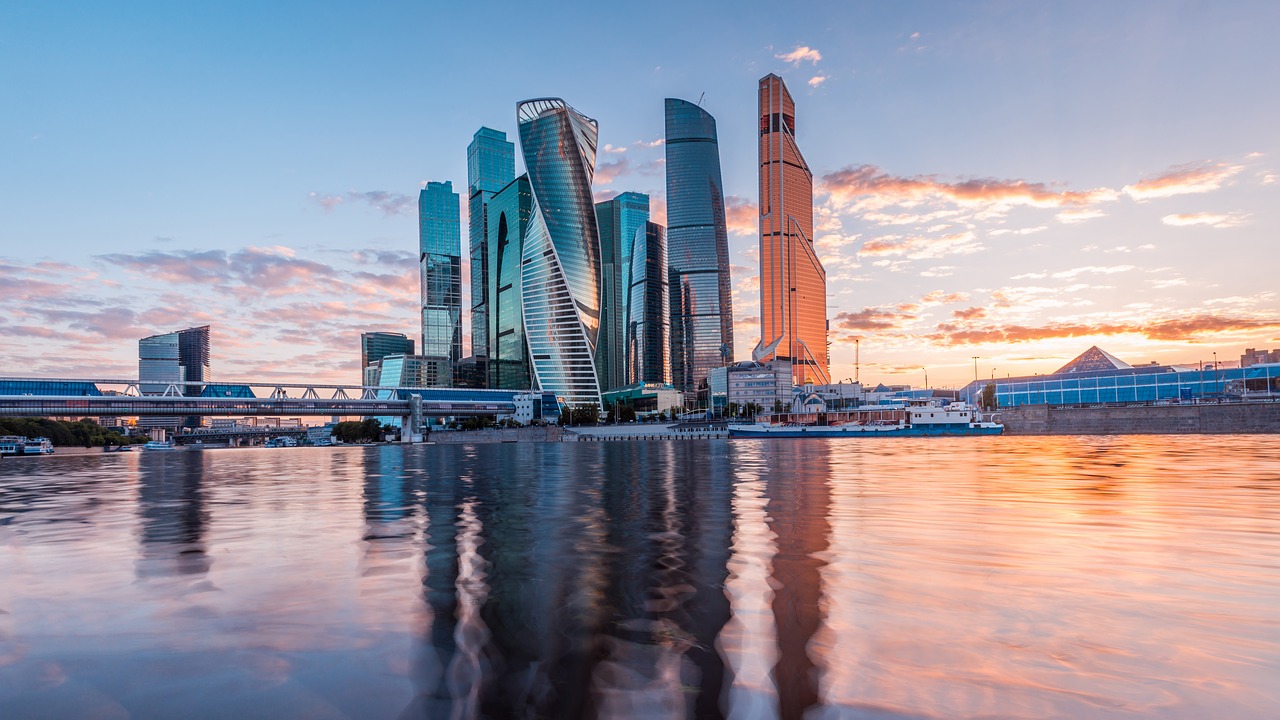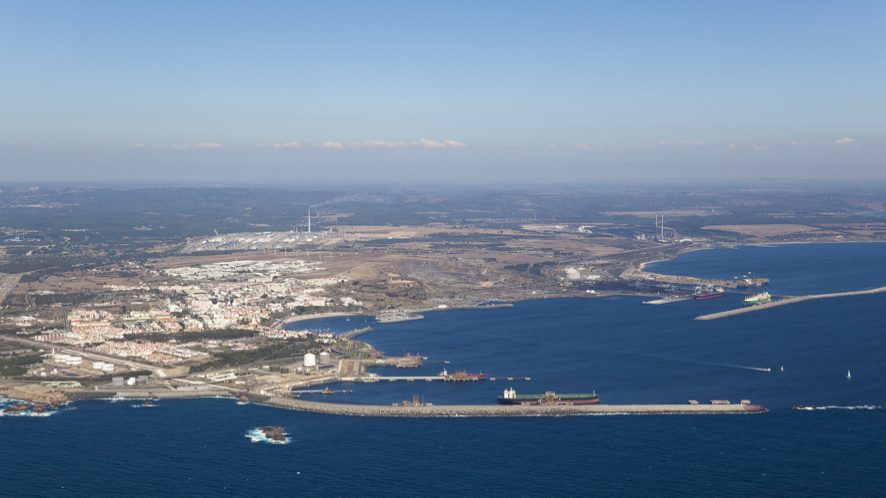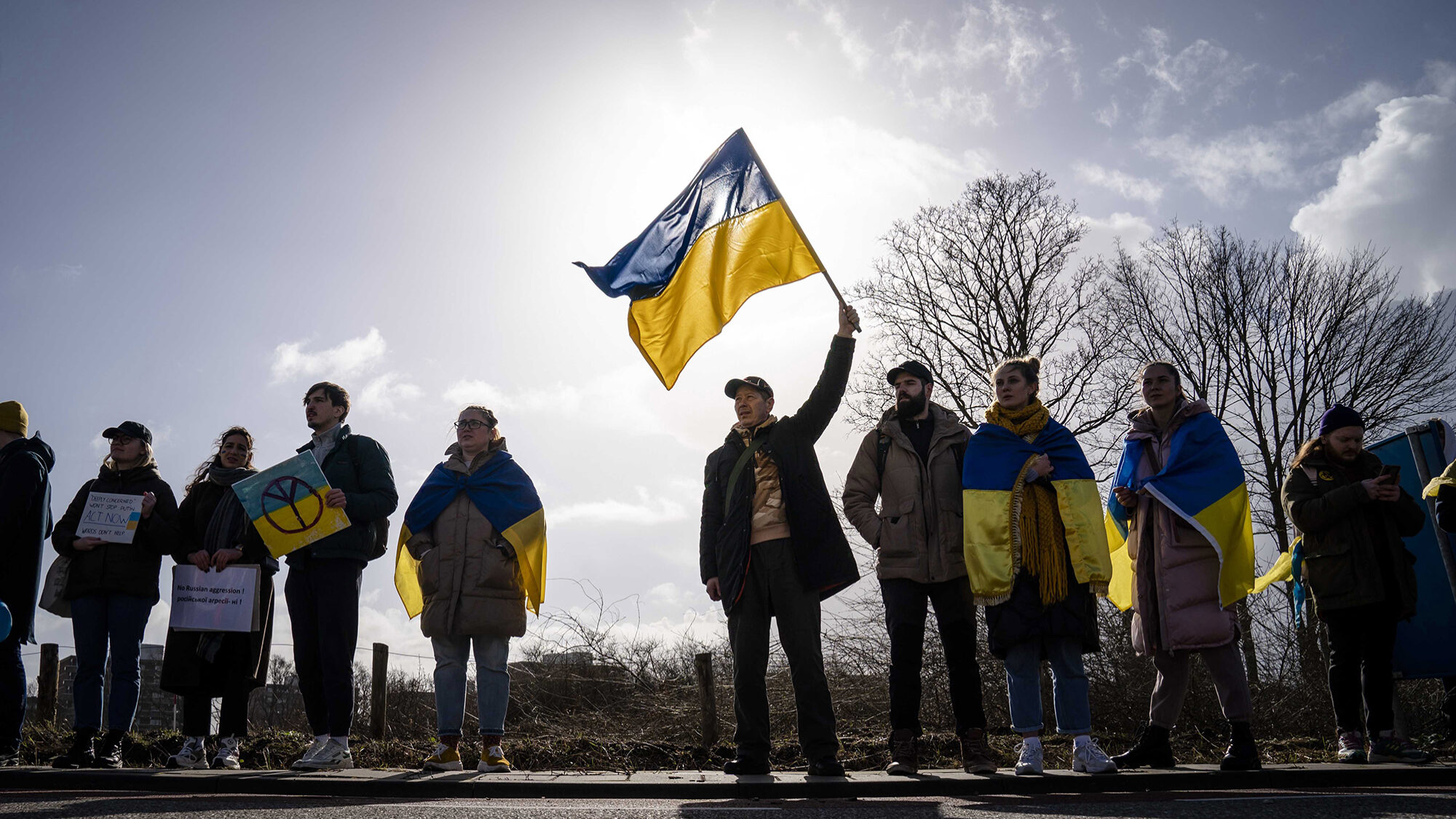‘Russia did not want to act drastically’ against embassy
Marcelo Rebelo de Sousa said commenting on the expulsion of five employees of the Portuguese embassy in Moscow, that despite everything, Russia did not want "to be very drastic" with Portugal.
The president of Portugal, Marcelo Rebelo de Sousa, said on Friday, commenting on the expulsion of five employees of the Portuguese embassy in Moscow, that despite everything, Russia did not want “to be very drastic” with Portugal.
Asked about this during his visit to Timor-Leste, with the foreign minister João Gomes Cravinho by his side, the president noted that “Portugal was one of the last countries to be hit by the Russian response below par, with one or two other cases in Europe.”
“I don’t know if the fact that the Secretary-General of the United Nations [António Guterres] is Portuguese had any influence,” the president added, considering that “Russia, although knowing that Portugal is on a side, which is not its own, does not want to be too drastic in its treatment of Portugal.”
“There were several countries that took the decision, in the framework of the European Union, to sanction the Russian Federation with the forced departure of diplomats and other personnel. In general, the response of the Russian Federation was parity: 25 left, 25 leave; 30 left, 30 leave,” he said.
In the case of Portugal, “the Russian Federation, while responding to the sanctions with sanctions, ended up applying them to one diplomat and then to other staff and in a number that is about half the number of those affected by the Portuguese sanctions”.
Asked about the Russian authorities’ decision to expel five staff members from Portugal’s embassy in Moscow came shortly before Prime Minister António Costa’s visit to Kyiv, Marcelo Rebelo de Sousa replied that this “shows Portugal’s alignment”.
According to the president, “the prime minister’s presence [in Kyiv], accepting an invitation from the Ukrainian prime minister, shows that Portugal is aligned with Ukraine and, therefore, it was inevitable that Russia would sanction it.”
“All the bodies of political power in Portugal from the first moment have condemned the Russian invasion,” he stressed.
The decision by Russian Federation to expel five staff members from the Portuguese embassy in Moscow was made public on Thursday by the foreign ministry in a statement.
“The ambassador of Portugal in Moscow was called this morning to the ministry of foreign affairs of the Russian Federation and was informed of the expulsion of 5 embassy staff members, who will have to leave Russia within 14 days,” the statement read.
In the same statement, the Portuguese government “repudiates the Russian authorities’ decision, which has no justification other than simple retaliation.
Following this statement, the foreign minister spoke to journalists in Dili, regretting and rejecting the decision of the Russian authorities, but stressed that the Portuguese embassy in Moscow remains functional.
“We repudiate these expulsions because they have no justification except for pure retaliation. The officials we expelled from the Russian embassy in Lisbon were conducting activities that were not appropriate to their status under the Vienna Convention [on Diplomatic Relations],” the minister said.
According to João Gomes Cravinho, “the five officials expelled from Moscow, on the contrary, have always behaved impeccably in the face of their obligations under the Vienna Convention.”
“I want to stress that our embassy remains functional,” added the minister, who was speaking on the sidelines of the investiture ceremony of the new president of Timor-Leste, José Ramos-Horta.
“The important thing is that our embassy will remain functional,” he said.
The foreign minister said that “the Russian government made a statement indicating that there was an unfriendly attitude on the part of Portugal,” a justification that he rejected.
“The attitude was not unfriendly. The attitude was to consider that officials of the Russian embassy in Lisbon who are with diplomatic status and, therefore, are under the rules of the Vienna Convention, have to behave according to those rules. When this is not the case, Portugal naturally has the right to expel them,” he countered.
As for the staff of the Portuguese embassy in Moscow, the minister expressed “great appreciation” for their work, which he qualified as “always impeccable, according to the instructions received from Lisbon and under the rules of the Vienna Convention.”
“In any case, Russia understood that this was sufficient reason to expel. We disagree,” he reinforced.
Asked what the Portuguese government would do, he replied: “According to the rules of the Vienna Convention, the receiving state, in this case, Russia, has the right to expel the people it wants, but we reject it because there is no justification. So we accept it, but we regret it and consider it not justifiable”.
The minister said that the Russian authorities had identified “the specific people who should be expelled” and said, “now it is a question of dealing with logistics, but they will leave within 14 days”.


